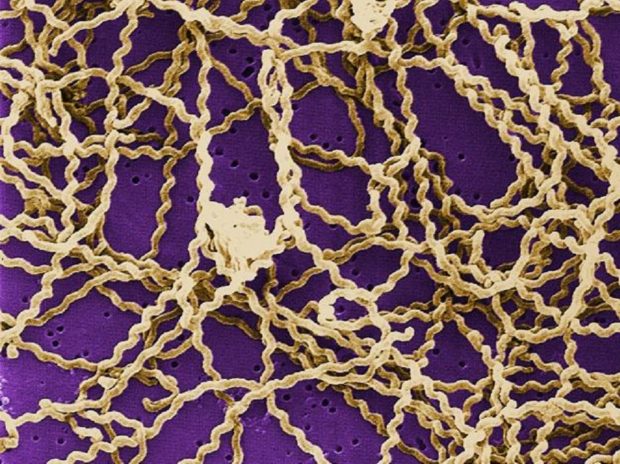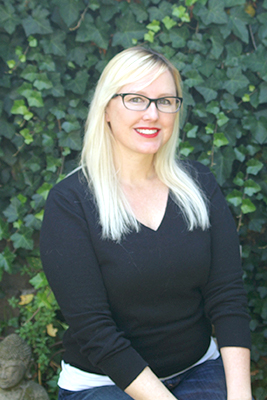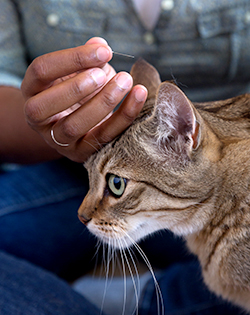Leptospirosis in the Bay Area

We have received several inquiries from our clients regarding the increase in Leptospirosis (a potentially fatal bacterial infection) in SF and the Bay Area in general. Likely because of the rains and poor drainage we are experiencing, areas that were not considered potential problem locations may be. Leptospirosis can be found in parks and on the beaches from wildlife and marine mammal populations. It is most commonly transmitted by urine through contaminated water or soil.
The Leptospirosis vaccine is generally a one year vaccine and we give it as an individual vaccine (not in a DHPP combination). We do this for a few reasons:
1. to be able to tailor the vaccine protocol to your specific pet depending on exposure (not all dogs are “outdoor active”**)
2. the leptospirosis vaccine has the potential to cause a vaccine reaction, and by separating it out, we can be certain it was the cause and plan accordingly
3. it allows for the administration of an individual booster without over-vaccinating for other diseases
If your pet HAS HAD a lepto vaccine in the past, they should receive their regular one year booster to stay current.
If your pet HAS NOT HAD a lepto vaccine in the past AND they are outdoor active, they should receive an initial vaccinate now and booster in 1 month. Just giving one vaccine now without the one month booster is not effective at eliciting an immune response. The vaccine should then be maintained yearly after that.
The leptospirosis vaccine is not absolute (will not prevent all strains of leptospirosis), but covers the most prevalent ones. As always, continue to monitor your pet for any abnormal signs like low energy, increase water intake, nausea or any other changes of concern.
Feel free to contact us should you have a question about your pet’s vaccine status.
**outdoor active includes dogs that walk or play on beaches, walk or play in areas where there is wildlife, active diggers in these areas, hikes or camps, and trail runners.

 Previous Post
Previous Post







